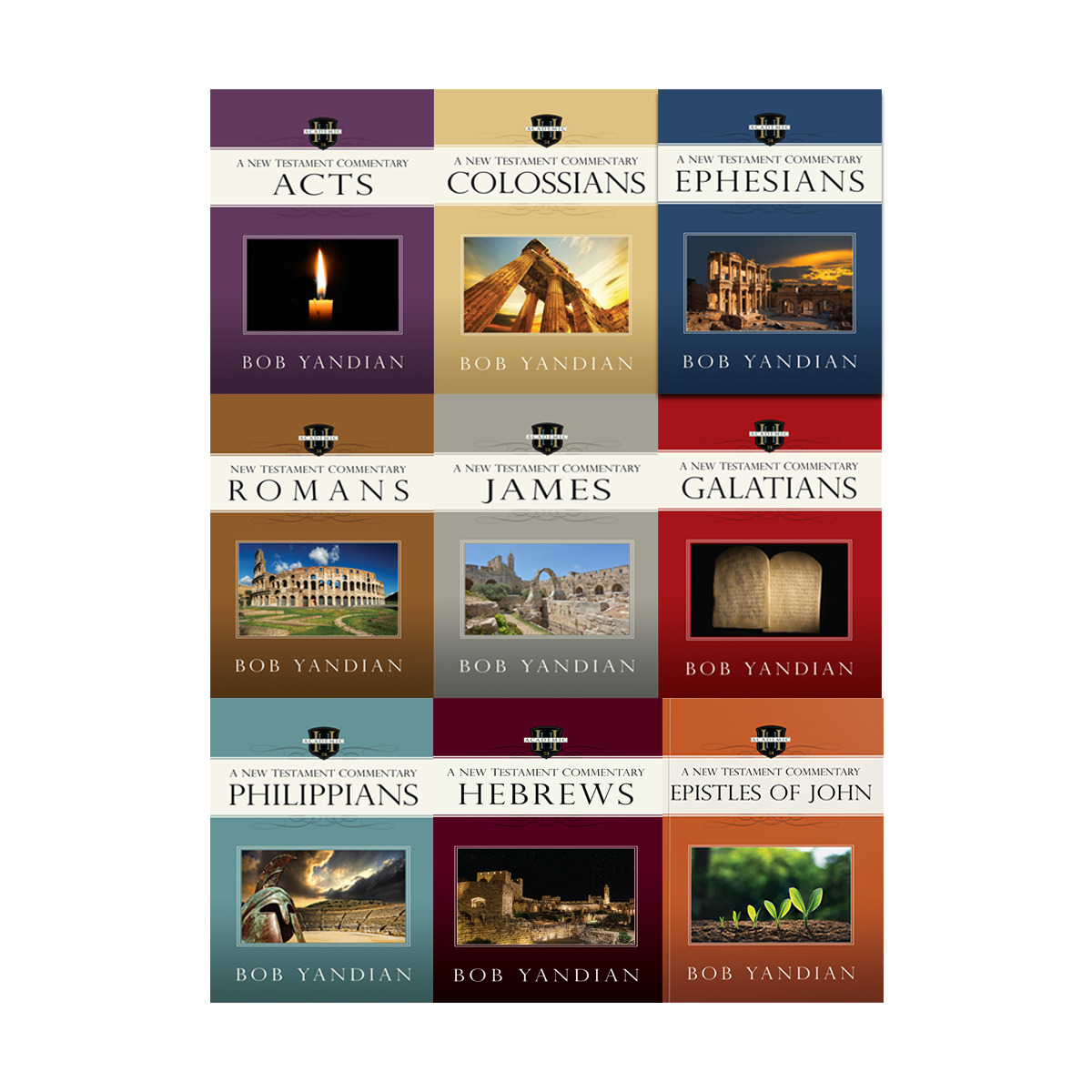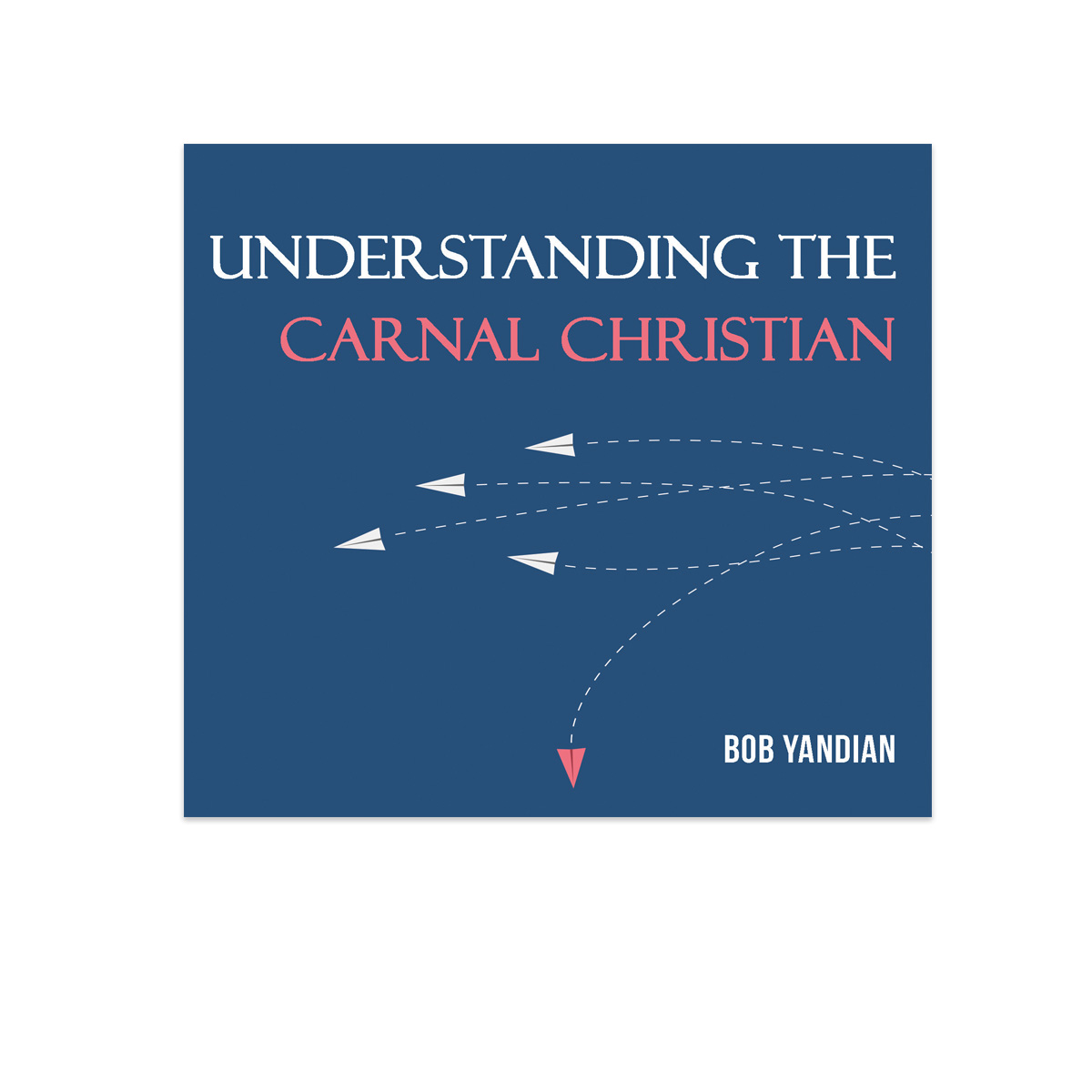“Blessed is the man who walks not in the counsel of the ungodly, nor stands in the path of sinners, nor sits in the seat of the scornful;
But his delight is in the Lord, and in His law he meditates day and night.
He shall be like a tree planted by the rivers of water, that brings forth its fruit in its season, whose leaf also shall not wither; and whatever he does shall prosper.
The ungodly are not so, but are like the chaff which the wind drives away.
Therefore, the ungodly shall not stand in the judgment, nor sinners in the congregation of the righteous.
For the Lord knows the way of the righteous, but the way of the ungodly shall perish.” (Psalm 1:1-6)
Psalm 1:1
Verse one mentions three types of people: ungodly, sinners, and scornful. These are all unbelievers, and each classification is progressively worse. The ungodly is simply one who is an unbeliever. Now this person might be very, very moral. He might live next door, have wonderful children, and belong to all the civic clubs.
But, the Word clearly tells us that morality is not spirituality. An ungodly person can be very moral, doing deeds that outwardly look very commendable, very spiritual. But true spirituality is doing something an ungodly person cannot do: being led by the Spirit of God. The Bible says in Romans 8:14, “for as many as are led by the spirit of God, they are the sons of God.” Spirituality begins on the inside; it shows itself in outward deeds.
The next type of person mentioned in Psalm 1:1 is the sinner. This person actually practices sinful deeds. The final classification is the scornful. These people are not only ungodly and practicing sinful deeds, but they actually attack Christianity. Notice there is a degeneration from the “ungodly” to “sinner” to scornful.”
Now notice what happens to the Christian who tries to find his happiness among the unbelievers: he progresses from walking to standing to sitting. He quits walking with God and starts walking with unbelievers. It starts in very little thoughts, very minor actions, but it gets progressively worse. Believers, who are out of fellowship with God, start sharing common paths with ungodly people. Then they quit walking and start standing; they start to participate in the sinners’ activities. Finally, they begin to criticize the things of God and scorning them.
Psalm 1:2
Verse 2 tells the believer how to get progressively happier.
The word “delight” in verse 2 could be translated joy. And what is the “law of the Lord”? It is the Word. Begin to find joy in God’s Word. Treat it like a companion. Make notes in the margins abut what the Lord reveals to you as you read. Spend time daily reading and studying the Word. Then you will find that even when you don’t have your Bible with you, a verse will come to mind for you to meditate on. As you do routine tasks during the day, your mind can be occupied with certain scriptures that you are reviewing over and over.
But how can you meditate on the Word at night? I find it’s easier when I think about a particular verse just before I go to sleep. Did you ever notice that usually what you think about just before you go to sleep is what you’re thinking about when you first awake? So think about the Word, and it will guard you. It will give you peaceful sleep. Perhaps you will even receive revelation through a dream or an inspired thought during the night.
Psalm 1:3
in verse three of Psalm 1, we see the result of this meditation. Literally, you are like a tree planted beside rivers (plural) of living water. When drought and famine come, which trees survive the longest? The ones planted beside rivers. They don’t look outside for their supply of water; they dig their roots down deep and tap in for a steady supply. Meditating in the Word is tapping in to a rich, continuous supply of life-giving, refreshing water.
The result of this rich supply is fruit. Trees are made so they first send their roots down for stability and continued growth; then they bear fruit. Did you ever hear a tree straining to bear fruit? No, it just grows as a result of the life of the tree flowing through all its members. And the better its root system, the better its fruit.
The next phrase of Psalm 1:3 talks about the leaf. A withering leaf indicates something is wrong. It’s likely that a tree with withered leaves will not even produce fruit, or the fruit will not come to maturity. The leaf is a type of patience.
Your patience is a good indicator whether your faith will produce or not. When your patience starts to wither, you know your faith won’t produce mature results. So a leaf not withering means you’re patiently enduring and enduring and enduring. And if the leaf stays healthy and full of life giving water, you know the fruit is on its way and will grow to full maturity.
The final phrase of verse three says “and whatever he does shall prosper.” Notice it doesn’t say whatever God tells him to do will prosper. There actually comes a time when you become so proficient in the Word of God, and you become so sensitive to the leading of the Spirit, that your mind is renewed and God trusts your decisions. Your roots are so deep in the Word, your fruit is mature and your patience remains strong, and your resulting actions are in accord with God’s plan. God can trust you with your decisions. He backs them and gives you the power to execute them. And the prosperity mentioned in this verse refers to every area of life – you prosper in all respects.
Notice there’s a lot of studying and meditating before there’s “doing.” In God’s plan for happiness, the first step is studying then comes meditating, then after that comes action. If you want happiness, get your roots down deeper and deeper before you go out and do, you will prosper.
This thought is amplified in Philippians 4:11-13, which states, “Not that I speak in regard to need, for I have learned in whatever state I am, to be content: I know how to be abased, and I know how to abound. Everywhere and in all things I have learned both to be full and to be hungry, both to abound and to suffer need. I can do all things through Christ who strengthens me.”
Paul tells us here that contentment is learned. Contentment is not dependent upon what the external situation is; it is dependent upon what is inside. That is, contentment depends on the life inside the tree, regardless of drought or the plentifulness of rain. Contentment is learned by learning the Word.
Paul says he has learned how to be content when poverty is his external circumstance; he has also learned how to be content when plenty is his external circumstance. Paul developed contentment on the inside of him by storing up the Word. He had his roots going deep into the rivers of living water and drew upon what was inside of him regardless of outward circumstances.
(I might add, parenthetically, that there is a difference between being content and being satisfied. Be content no matter what your situation, but never be satisfied until you reach full maturity in the Lord. Continue to desire fuller and fuller fruit; set your faith to produce more and more results for the kingdom of God. But as you do so, retain that contentment on the inside of you.)
Now notice that after Paul mentions learning four times, he mentions doing. In verse 11, he learned to be content; in verse 12, he “knows” two things, and he is “instructed” in two things. It’s only after this learning and instruction that Paul can “do “ all things. So before we rush out to “do”, let’s learn, and learn and learn some more. Let’s be sure our roots are going down deep, grounded in the Word. Let’s be sure our leaf isn’t withering, and our fruit is coming to full maturity.
Psalm 1:4
Returning to Psalm 1, let’s look at the second set of three verses which discuss the result of the unbeliever. The sinner might appear to be as stable as the believer who is planted firmly beside rivers of living water, but verse 4 tells us that in reality, he is no more stable than chaff driven by the wind. Regardless of the clean, moral life of the ungodly, that person is not like the believer who prospers in all he does.
Don’t be swayed by outward appearances, don’t be fooled by the ungodly man’s tremendous will power to resist evil. Regardless of his apparently stable, clean life, he has rejected Jesus as his Savior and therefore he has no eternal life flowing through him. His roots are not planted in anything that will remain. His happiness is in external things. And we all know how changeable those things are. What misery to be subject to such unpredictable, shifting happiness!
Psalm 1:5
Verse 5 describes the division between the believers and the unbelievers. At the judgment seat of Christ (actually, it’s more correct to call it the “reward seat” of Christ), only believers will be present. This event is divided from the judgment of unbelievers by a span of a thousand years. God sees that much difference between the believers and the unbelievers. We also should recognize that difference and have all the more cause to refrain from walking, standing, or sitting among them to find happiness.
Psalm 1:6
The final verse assures the believer that his result, the end of his path, is not the same as the sinner’s. God sees the way (literally, “path”) of the believer and the unbeliever, and He sees all the way down the road to the end. He’s just telling us ahead of time what’s at the end. For the believer, it’s happiness and blessing. For the unbeliever, it’s misery and cursing.
So believers, stay in the Word study it, meditate in it so your roots go down deep and you have prosperity and happiness. And in the midst of heat your leaf won’t wither; in the midst of drought your life is constant since it doesn’t depend on outward circumstances.











